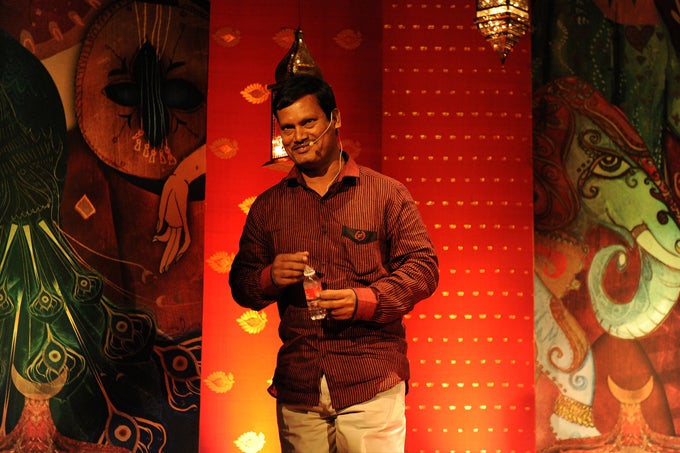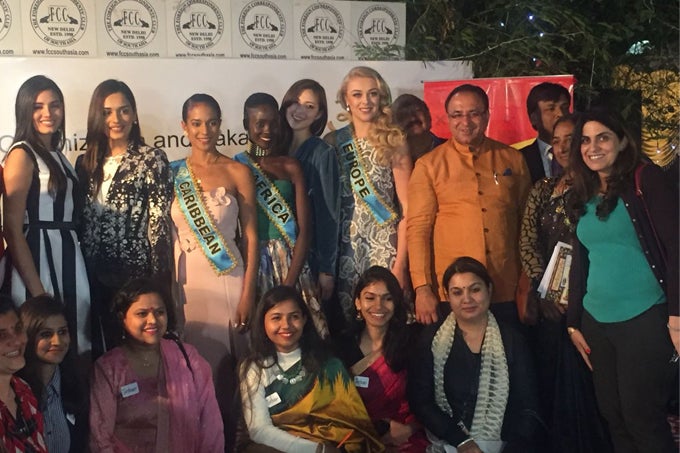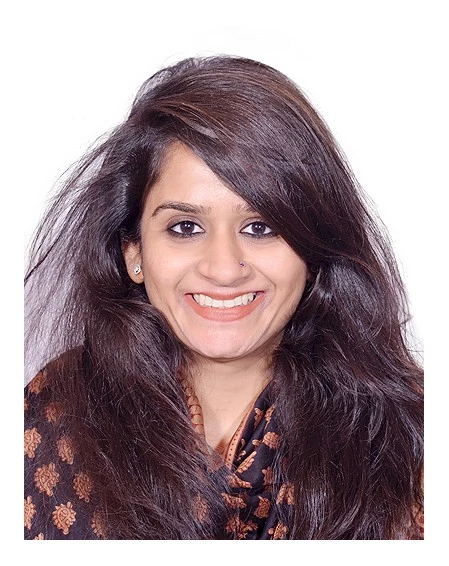
Muruganantham’s lifelong mission to create awareness about unhygienic practices and taboos around menstrual health, especially among rural Indian women, has now been recognised globally.
I could never have imagined a macho Hindi film ‘Hero’ testing and trying out sanitary pads to make his wife’s life easier!
Menstrual health and hygiene are huge gender and public health issues in India. More than half of India’s women between 15 and 24 years of age lack access to hygienic protection measures during menstruation (National Family Health Survey 2015-16).
Most rural girls and women use homegrown, often unhygienic, means to manage their menstruation, including rags, sand and leaves. They live through their teenage years and womanhood without being able to fully participate in social, educational and economic activities and opportunities. Many girls drop out of school for this reason. Moreover, age-old social customs have long associated menstruation with ‘shame’. Menstruating women are routinely excluded from ‘auspicious’ settings, family occasions and festivals because they are considered ‘unclean’ and ‘dirty’.
In 2015, the government of India launched the National Guidelines on Menstrual Hygiene Management to address the needs of nearly 113 million adolescent girls’ who are at risk of dropping out of school at the start of their first period.
Today, thanks to innovators like Muruganantham, as well as social media, this long neglected women’s heath priority is gaining traction in India. The state governments of Maharashtra, Jharkhand, Chhattisgarh, Odisha, West Bengal and many more have come out with programs to promote manufacturing and distribution of sanitary pads through women’s self-help groups. Many women’s SHGs have been supported under World Bank financed rural livelihoods projects. Women-led production and distribution of sanitary napkins and raising awareness of menstrual hygiene are also relevant in other Bank interventions that focus on adolescent girls (Jharkhand), higher education (Odisha) and Panchayati Raj – or local level governance institutions.
The #PadmanChallenge has celebrities posting their pictures holding a sanitary pad and tagging their friends to do the same. Events like the ‘Feminine Hygiene Awareness’ global tour saw Miss World 2017, Manushi Chhillar, and several beauty pageant winners from around the world voicing their support.
PadMan has triggered more media stories about social entrepreneurs from several parts of the country who are empowering adolescent girls by promoting low cost sanitary napkins.
In a country where menstrual hygiene is still a taboo topic, and sanitary napkins are sold furtively, PadMan challenges the status quo, shatters stereotypes and establishes a new normal. Its message is loud and clear– periods are neither sacred nor dangerous; menstruation is merely a regular, biological process which needs affordable and accessible solutions for all girls and women.
Perhaps, a mainstream Bollywood movie is sometimes the best way to disrupt age-old notions and practices and spark-off new sensibilities. I owe a personal debt to the reel, as well as the real PadMan, together with all of you concerned about women health and hygiene.



Join the Conversation